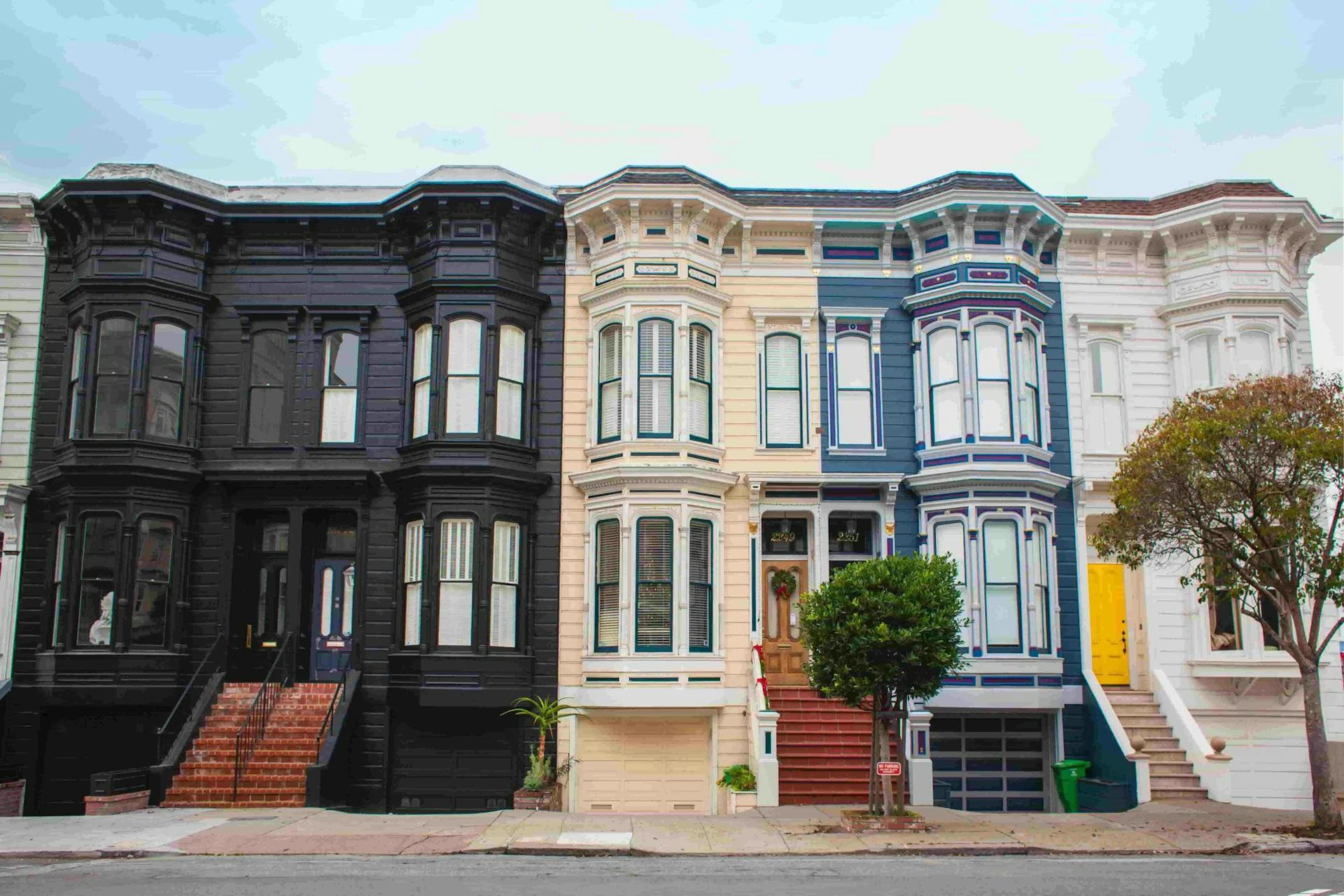10 Million Expected To Live Alone By 2039, New Research Reveals
updated on Apr 4, 2019

Research published by the ONS (Office for National Statistics) explores the changing financial, lifestyle and wellbeing picture for the increasing amount of people living alone in the UK
In twenty years (from 1997 to 2017) there was an increase of 53% in the number of people aged between 45-64 year old living alone, which can partly be explained by the large amount of people born in the 1960’s (including the ‘baby boomer’ generation) reaching this age and changes in marital relationships, with more people choosing to be single, or to divorce.
However, within the same period, the number of people living alone aged between 25-44 has dropped by 16% - with less than half of those likely to own their own home. This could be explained by the rising cost of renting and the costs associated with first-time home buying.
According to this latest report from the Office For National Statistics, a total of 7.7 million people were reported to be living alone in 2017 and it is projected that by 2039, the number of one person households will increase to 10.7 million.
The same report highlights that there is also a disparity in home ownership, which widens within each age bracket reported upon. Just 57% of those living alone between the ages of 55 and 64 own their own home, as opposed to those in a couple - where it is thought that 87% own their house.
The ONS report outlines that it is possible that well-being is at the lowest for those living alone but concludes that “It is not clear that people’s living arrangements are directly associated with their personal well-being. It may be that some of the characteristics that tend to go with living alone, like being divorced, or renting your home, may have more of an impact.”
While those living alone in retirement may be more susceptible to isolation, results from the BBC Loneliness Experiment, published by Happiful last year, showed that The survey found 40% of 16 to 24-year-olds reported that they “often” or “very often” feel lonely, compared with 27% of over 75s, Higher levels of loneliness were found in young people across cultures, countries, and genders, striking down the stereotype that loneliness mainly strikes older people.
If you are experiencing loneliness, you can find resources created by All in the Mind.
If you are looking for counselling, you can find more support in your area at Counselling Directory.

